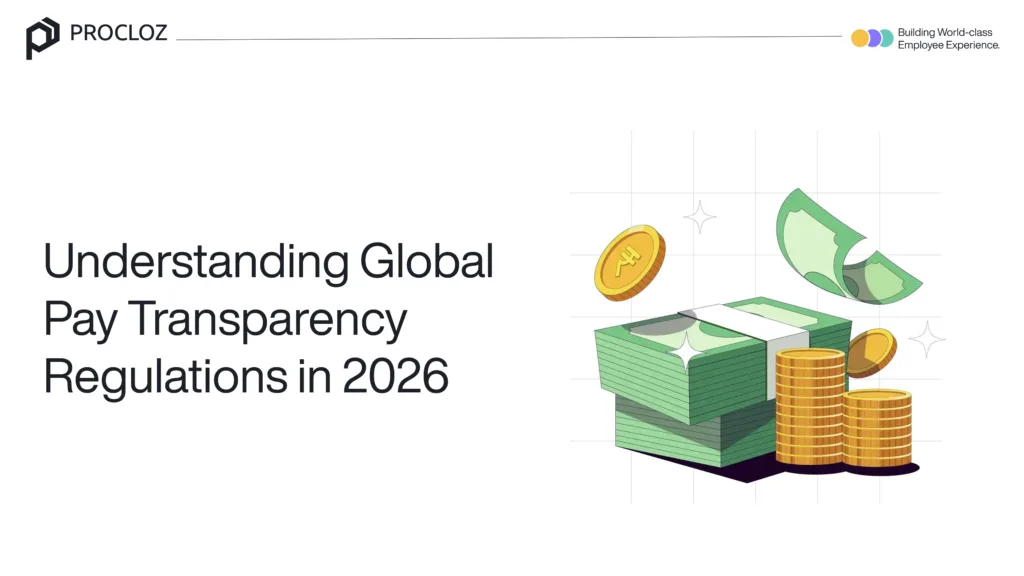Operating a single-person enterprise requires exceptional resource allocation across multiple business functions. However, when it comes to payroll processing, internal management approaches often create significant operational inefficiencies and financial exposure that can undermine business viability.
The strategic decision to outsource payroll service represents more than operational convenience; it’s a critical risk mitigation strategy that protects businesses from compliance violations, financial penalties, and resource misallocation that can derail growth trajectories.
Time Resource Depletion: Quantifying the Productivity Impact
Internal payroll management creates substantial opportunity costs that directly impact business development capacity. Statistical analysis reveals concerning productivity drains:
- Small businesses allocate 100+ hours annually to employment tax administration
- This represents 2.5 weeks of productive capacity diverted from revenue-generating activities
- Each hour spent on payroll administration reduces strategic business development time
The operational complexity extends beyond basic calculations to encompass:
- Quarterly filing requirements and annual reporting obligations
- Continuous regulatory monitoring and tax table updates
- Multi-database validation and compliance verification protocols
Modern payroll administration requires sophisticated process management that extends far beyond traditional payment processing capabilities.
Regulatory Compliance Exposure: Financial Risk Assessment
Compliance failures carry substantial financial consequences that directly impact business sustainability. Current penalty data demonstrates severe exposure levels:
- 40% of small businesses face annual fines averaging $850 for payroll tax violations
- These penalties represent direct cash flow impacts with no corresponding business value
- The Internal Revenue Service maintains strict enforcement protocols without grace periods
Critical compliance areas include:
- Federal withholding calculation and remittance requirements
- State tax obligation management across multiple jurisdictions
- FUTA, SUTA, and disability insurance contribution accuracy
Penalty structures impose severe financial consequences:
- Monthly penalties reach 5% of unpaid tax obligations
- Maximum penalty exposure can reach 25% of total amounts owed
- Single calculation errors trigger cascading penalty assessments
Operational Stress and Decision-Making Impact
Internal payroll management creates persistent operational anxiety that affects overall business performance. Key stress factors include:
- Continuous exposure to regulatory violation risks
- Deadline management across multiple compliance requirements
- Regulatory change monitoring and implementation demands
This operational burden generates what organizational psychologists identify as decision fatigue, reducing cognitive capacity for:
- Strategic planning and business development
- Creative problem-solving and innovation initiatives
- High-value client relationship management
When mental resources are consumed by compliance administration, strategic business functions suffer measurable performance degradation.
Financial Impact Analysis: Hidden Cost Structure
Internal payroll management generates both visible and concealed expenses that erode profitability:
Direct Operational Costs:
- Software licensing and subscription expenses
- Regulatory form procurement and distribution costs
- Banking fees for electronic transfer processing
- Professional consultation for complex compliance issues
Opportunity Cost Assessment:
- Delayed business development initiatives
- Reduced client acquisition and relationship building
- Postponed strategic planning and market expansion
- Innovation capacity redirected to administrative functions
Professional payroll outsourcing delivers measurable time and cost savings by eliminating these resource drains and allowing business owners to focus on growth-oriented activities.
Scalability Constraints: Growth Limitation Analysis
Business expansion creates exponential payroll complexity that often overwhelms internal management capabilities:
- Multi-employee scenarios require individualized tax calculation protocols
- Benefit administration and garnishment processing increase administrative burden
- Multi-state compliance requirements create jurisdictional complexity
- Varying compensation structures demand sophisticated processing capabilities
Organizations pursuing global market expansion require specialized expertise in international payroll management. Companies exploring markets may need payroll services in Australia or payroll services in New Zealand, where regulatory frameworks differ substantially from domestic requirements.
Technology Infrastructure Requirements
Contemporary payroll processing demands enterprise-level technology capabilities that exceed typical small business infrastructure capacity:
Professional payroll platforms provide:
- Machine learning-enhanced calculation accuracy systems
- Real-time banking integration and processing capabilities
- Automated compliance monitoring with proactive alert systems
- Enterprise-grade security protocols and data protection
- Redundant backup systems ensuring 99.9% operational reliability
Outsourcing payroll services significantly improves processing accuracy while reducing penalty exposure through professional-grade technology implementation.
Strategic Outsourcing Value Proposition
The decision to outsource payroll service transforms operational liability into strategic advantage through professional service provider partnerships.
Comprehensive payroll solutions deliver:
- Advanced tax planning and optimization strategies
- Proactive compliance consulting and regulatory guidance
- Continuous monitoring and proactive update implementation
- Strategic business growth support and consultation
Professional payroll management allows business owners to redirect focus toward core competencies and revenue-generating activities. When organizations outsource payroll service operations, they acquire concentrated time allocation for strategic business development.
Organizations considering comprehensive outsourcing strategies should evaluate employer of record services for enhanced operational leverage, particularly during market expansion or remote workforce development initiatives.
Professional Service Provider Advantages
Established payroll service providers deliver institutional expertise that individual businesses cannot replicate internally:
- Established regulatory agency relationships and communication channels
- Continuous legislative monitoring and compliance update implementation
- Proven protocols for complex scenarios including multi-state employees
- Contractor classification expertise and benefit integration capabilities
Cost-Benefit Analysis:
- Professional service investment: $20-100 monthly for single-employee businesses
- Average annual penalty exposure: $850+ for internal management
- Opportunity cost quantification: Thousands in redirected revenue potential
Strategic Implementation Decision
The choice to outsource payroll service demonstrates strategic business maturity rather than operational inadequacy. Successful entrepreneurs recognize that competitive advantage derives from core business expertise, not administrative function management.
Professional partnership investment delivers:
- Scalable business infrastructure supporting growth objectives
- Comprehensive risk mitigation and regulatory compliance protection
- Reduced operational stress and enhanced strategic focus capacity
- Optimized resource allocation toward revenue-generating priorities
Proactive infrastructure development ensures growth-ready, compliance-protected business operations from initial implementation.




